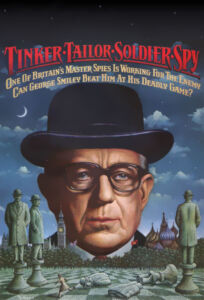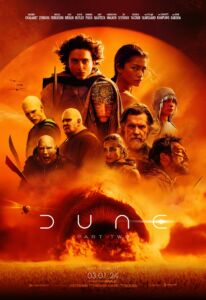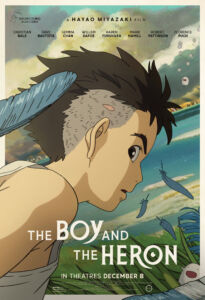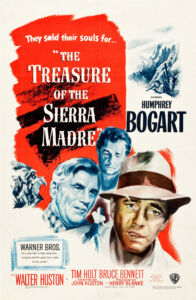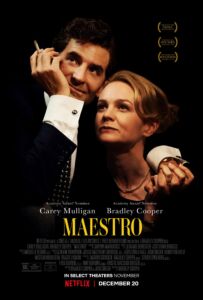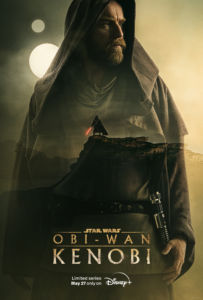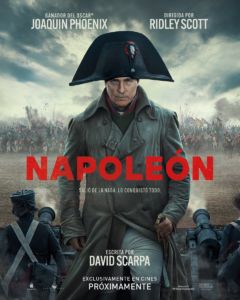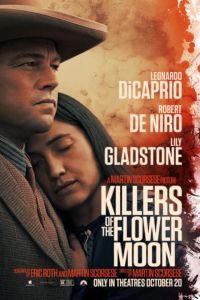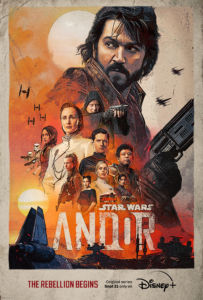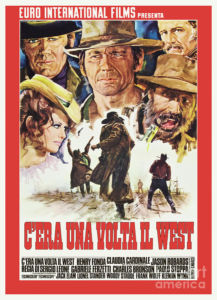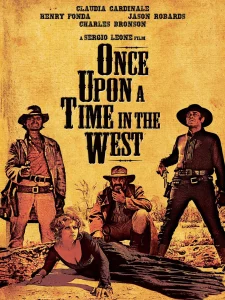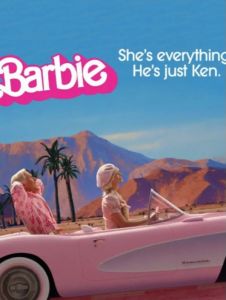I enjoy stories about intelligent people solving problems, hence my love for detective and espionage dramas, elements of which also spill over into the best superhero and science fiction. For instance, my favorite fictional character is Sherlock Holmes, who is not only a detective but does favors for British intelligence in the person of his brother Mycroft, plays superhero to Professor Moriarty’s supervillain, and of course employs science, both real and fictional.
I have always loved James Bond movies, but more for the action and spectacle than for the displays of intelligence work. (more…)
